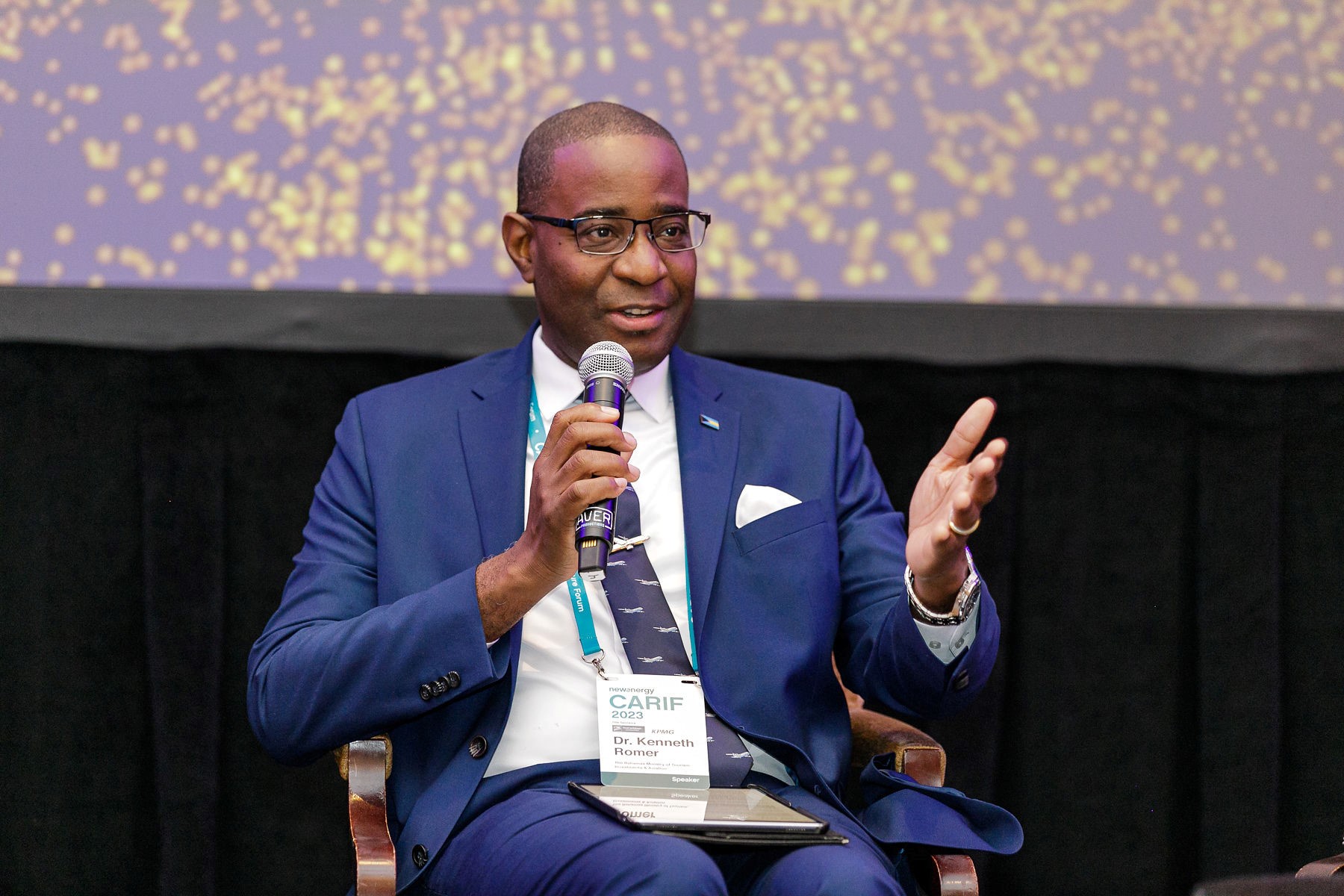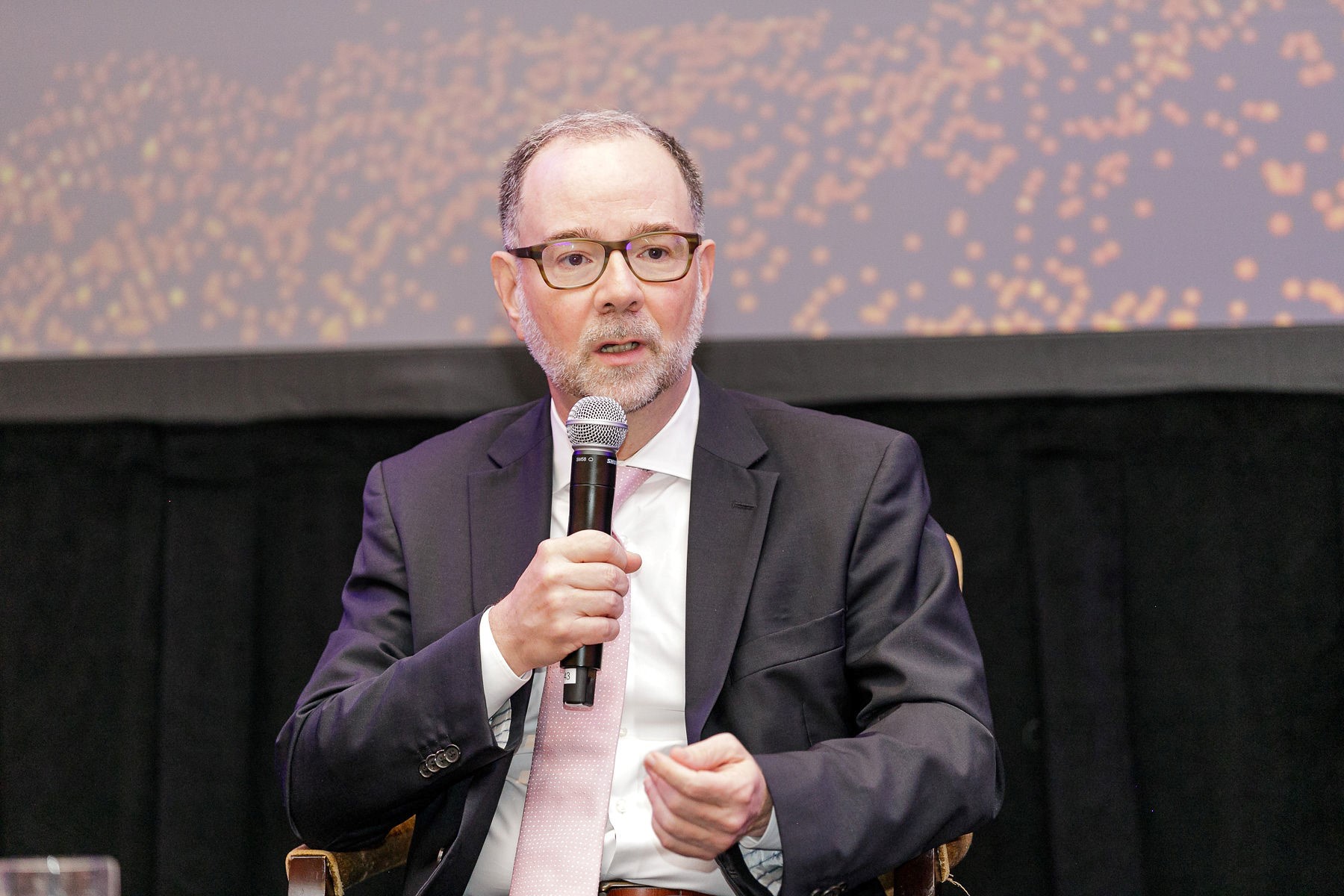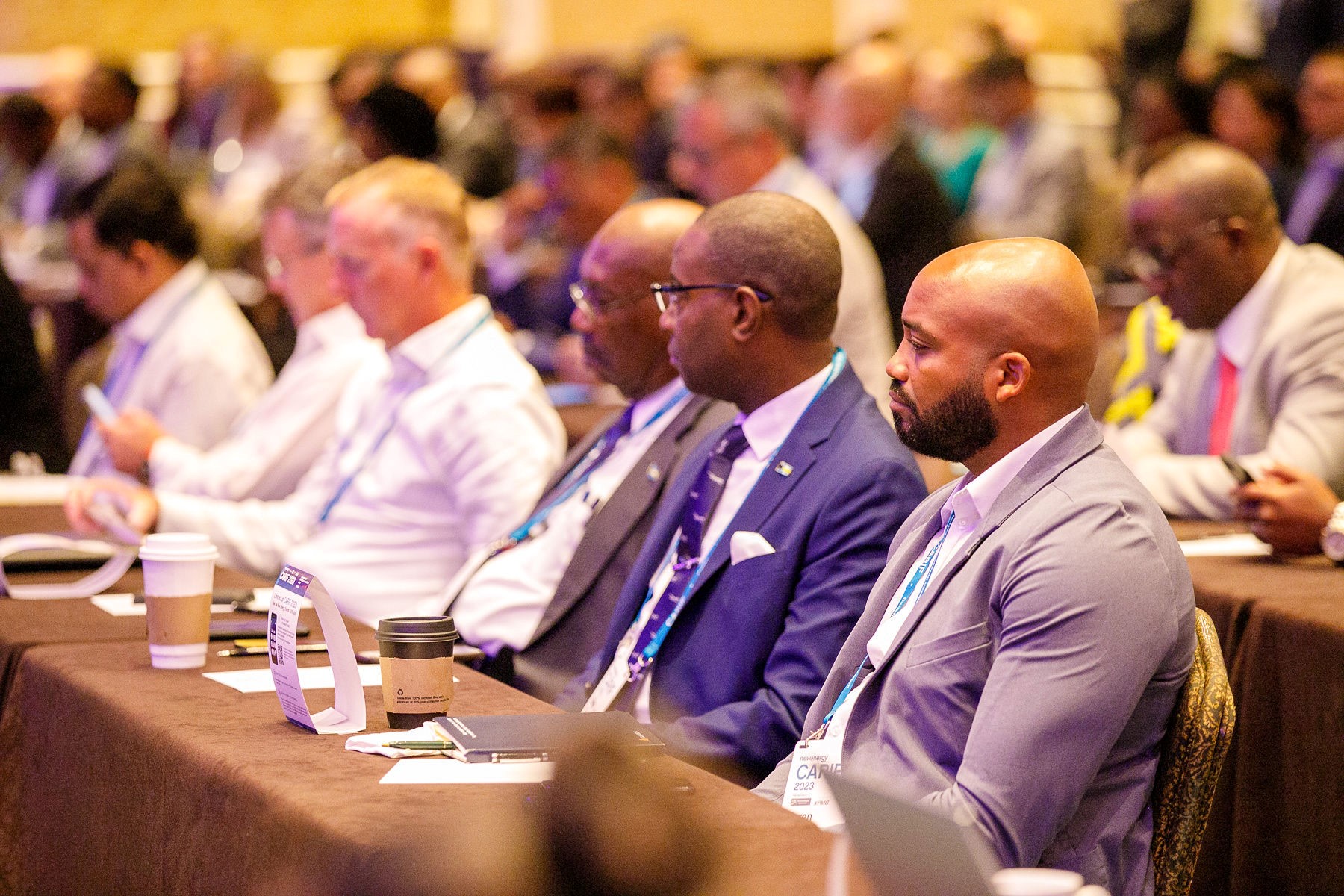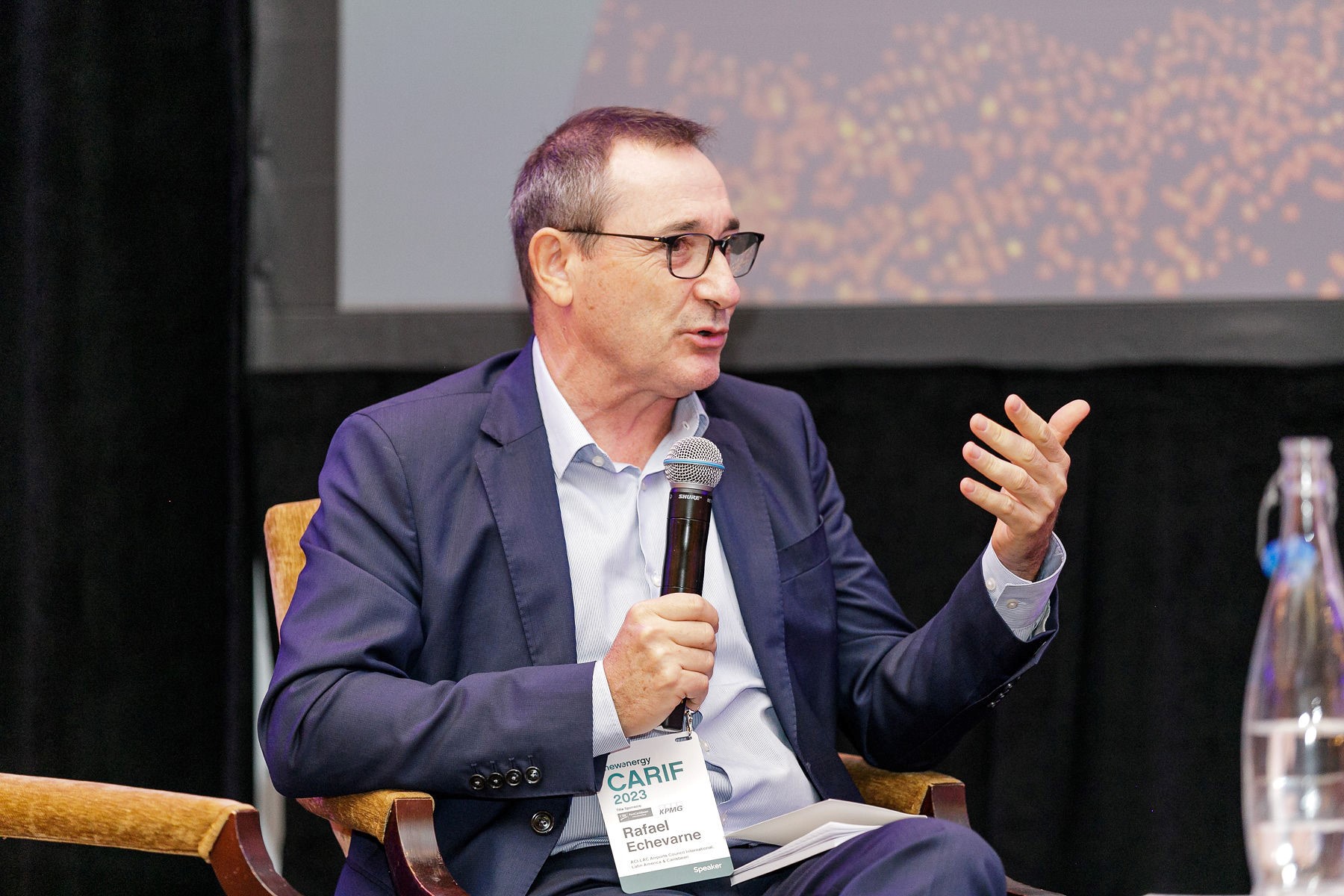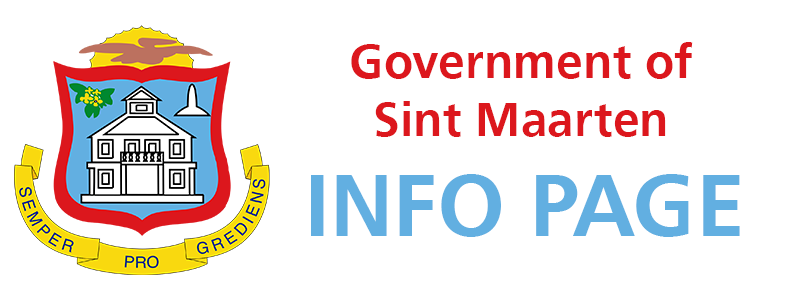Push for More Sustainable Airports Across the Caribbean at CARIF 2023
Miami, Florida, 22 September 2023 --Building, expanding and retrofitting airports in line with sustainability objectives took center stage during day two of the Caribbean Infrastructure Forum (CARIF) on Tuesday, as government and private sector executives shared their plans and made a push for more sustainable airports throughout the Caribbean.
Best approaches to mitigate increasing climate risk in transaction design, improving impact measuring and reporting as a means to stimulate investment appetite; as well as discussion around how governments can create policy and regulatory environments that stimulate the flow of private finance to sustainability, resilience and growth initiatives were key parts of the conversations emerging from the two-day conference in Miami, Florida.
Dr. Rafael Echevarne, Airports Council International Director for Latin America and the Caribbean, said there is the opportunity for the region to lead the way in sustainable and climate resilient airports.
“There are a lot of things that airports can do to reduce their impact on the environment, in relation to the emission of co2,” Echevarne said. “One of the great opportunities, from my point of view, is that the smaller airports in the Caribbean have a huge opportunity to generate electricity with solar. There are many airports, which we know, that can be self-sustainable when it comes to power being generated from solar. It’s a question of just doing the studies and allowing these airports to not only install solar, but sell the excess power to the grid. That is actually in the works for several airports within the region already.”
He continued, “The airports in the Caribbean can be the pioneers in this aspect. If there is something we are sure of in the Caribbean, there is sun and wind. There are definitely huge opportunities. Right now, the cost of installing solar panels has come down dramatically and considering the cost of energy, I don’t think it’s a difficult decision to make.”
Leveraging private capital in blue/green bond issuances in island economies and how to incorporate technology to maximize the functionality were also topics of discussion.
Filipe Pereira dos Reis, Regional Director of Airport Passenger, Cargo and Security of the Americas, said there needs to be short and long-term plans for the airports and projects to adequately address sustainable infrastructure.
“The challenge with short-term and long-term is that governments typically have a mandate of four to six years, depending on their term,” he said. “But we have to realize that our business [aviation] is a long-term business. So, it’s an infrastructural investment business which typically gets depreciated in 30, 40, 50 years. So, there needs to be a balance. We understand the needs of the government in looking for funding in the short-term, but at the same time we would wish that governments would look into the longer term. Why? Because we are a firm believer that the spin-off effects, economically speaking, of the businesses that we have, pay way more than looking at the short-term.”
Deputy Director General in The Bahamas’ Ministry of Tourism, Investments & Aviation Dr. Kenneth Romer said the archipelagic nation has made a serious commitment over the past few years to building climate resilient and environmentally friendly airports.
“Environmental concerns top our list at the moment, as it relates to the intensity of hurricanes and natural disasters and the threat they pose,” he said. “But, I think we have an opportunity to demonstrate to the rest of the region how serious and committed we are to supporting the message of sustainability that our prime minister has really been taking around the world. So, it’s time to put our money and our plans where our mouth is.”
In 2019 Grand Bahama, often called The Bahamas’ second city, took a major economic blow after communities and its international airport sustained major damage during the passage of Hurricane Dorian. Romer called the experience an “opportunity” to change they way airports are built throughout the country, becoming a ‘green’ airport pioneer.
“We need to look at solar power for our airports,” Dr. Romer said. “We need to look at green energy, we need to look at green airfields, we need to look at reducing the size of our physical infrastructure, while taking advantage of the kinds of assistance the international community can give us when we model what sustainable airports look like in the region.”
CIBC FirstCaribbean International Bank and KPMG served as the title sponsors for New Energy’s CARIF 2023.
